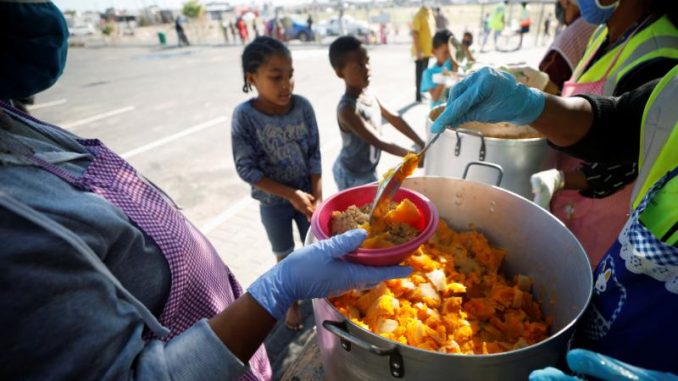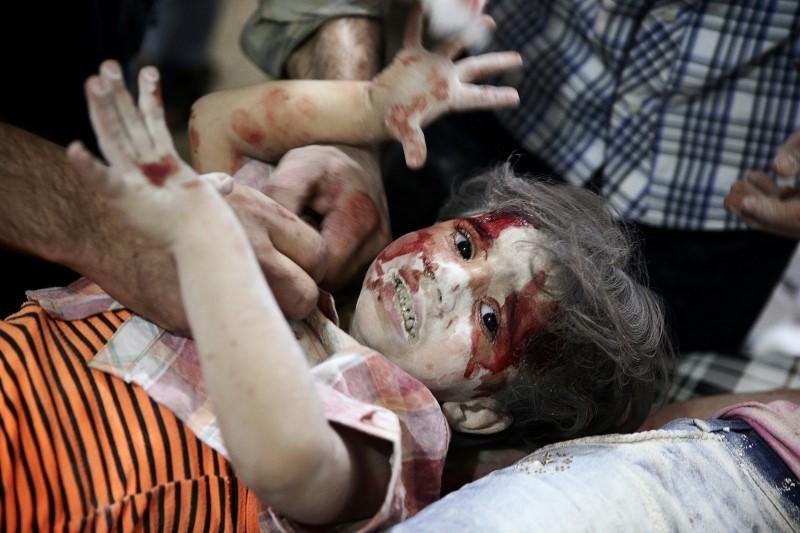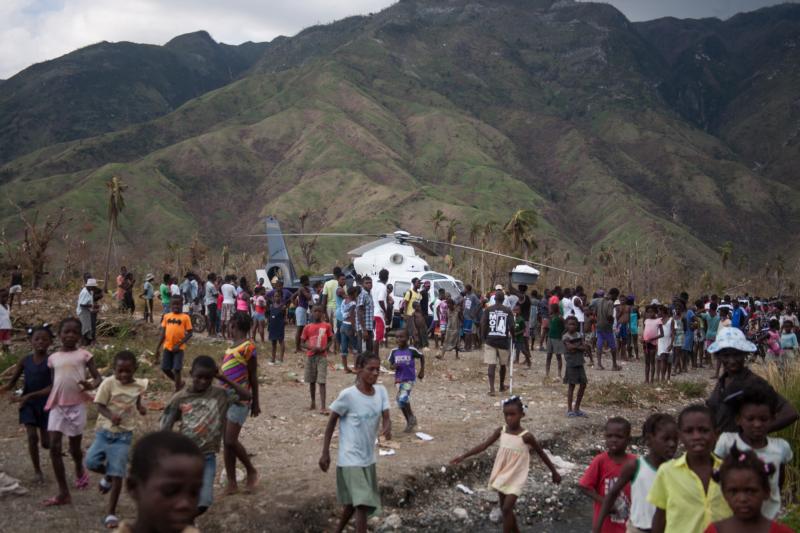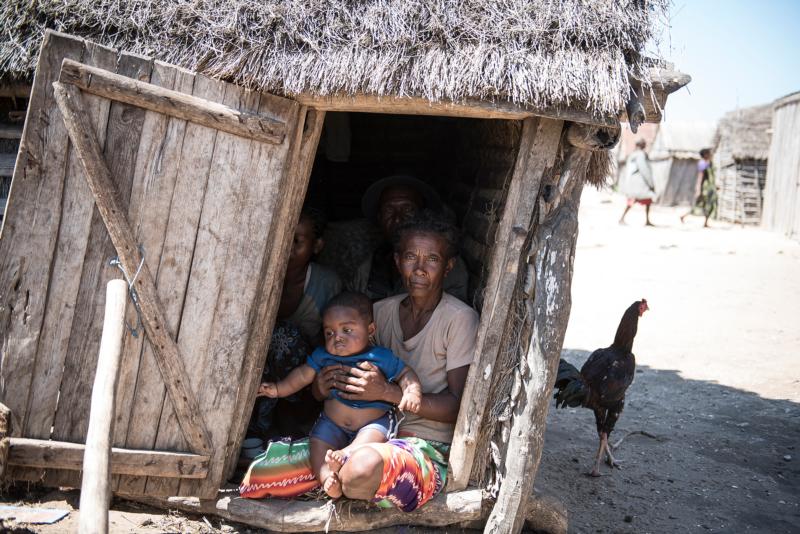
VATICAN CITY—Economic stagnation, ongoing sanctions, food shortages and reduced funding all risk making life in a post-pandemic world more dangerous and deadly than the coronavirus itself, said the Vatican-based international network of Catholic charities.
“Unfortunately, the aftershock of the pandemic” is proving to be “even more complicated and more deadly than the impact of the virus itself, especially for the most vulnerable communities in the poorest countries,” Caritas Internationalis said in a statement May 6.
It urged the international community and donor countries “to take courageous and immediate action” or else millions of vulnerable people will face worsening malnutrition or starvation.
The U.N. World Food Program estimates that the number of people on the brink of starvation worldwide “will double as a result of COVID-19 and could reach 230 million people,” it said.
“Africa is the worst affected continent, experiencing food shortages due to the lockdown, as well as a diversity of disasters such as floods, drought, locust invasion and poor harvest. Many countries in the Middle East, Latin America and in Asia are already on the verge of a severe food crisis leading to child malnutrition and starvation” among adults, Caritas Internationalis said.
Other vulnerable groups include migrants, internally displaced people, recent returnees from conflict areas and, particularly, undocumented migrants who would not be able to get public assistance, it said.
“Access to essential, affordable services, and in particular to health care, should be guaranteed by local authorities” to undocumented workers, it added.
Aloysius John, Caritas Internationalis’ secretary general, said, “We are conscious that we are before an atypical emergency wherein the major donor countries are the most affected by the virus. But we need to know that the diversion of international aid to respond to national needs will not be the right solution.”
“We can stop another major humanitarian crisis if courageous and bold actions are taken to anticipate and support the most vulnerable communities,” John said.
The global confederation is asking the international community to:
- lift economic sanctions against Libya, Iran, Venezuela and Syria so that medicine, medical equipment and basic necessities can be imported;
- give faith-based organizations “the necessary means to respond to priority needs,” such as food security, and humanitarian, health and cash assistance;
- allocate additional funds to ensure the survival of those most at risk during lockdown;
- and ensure access to essential and affordable services for IDPs and refugees.



